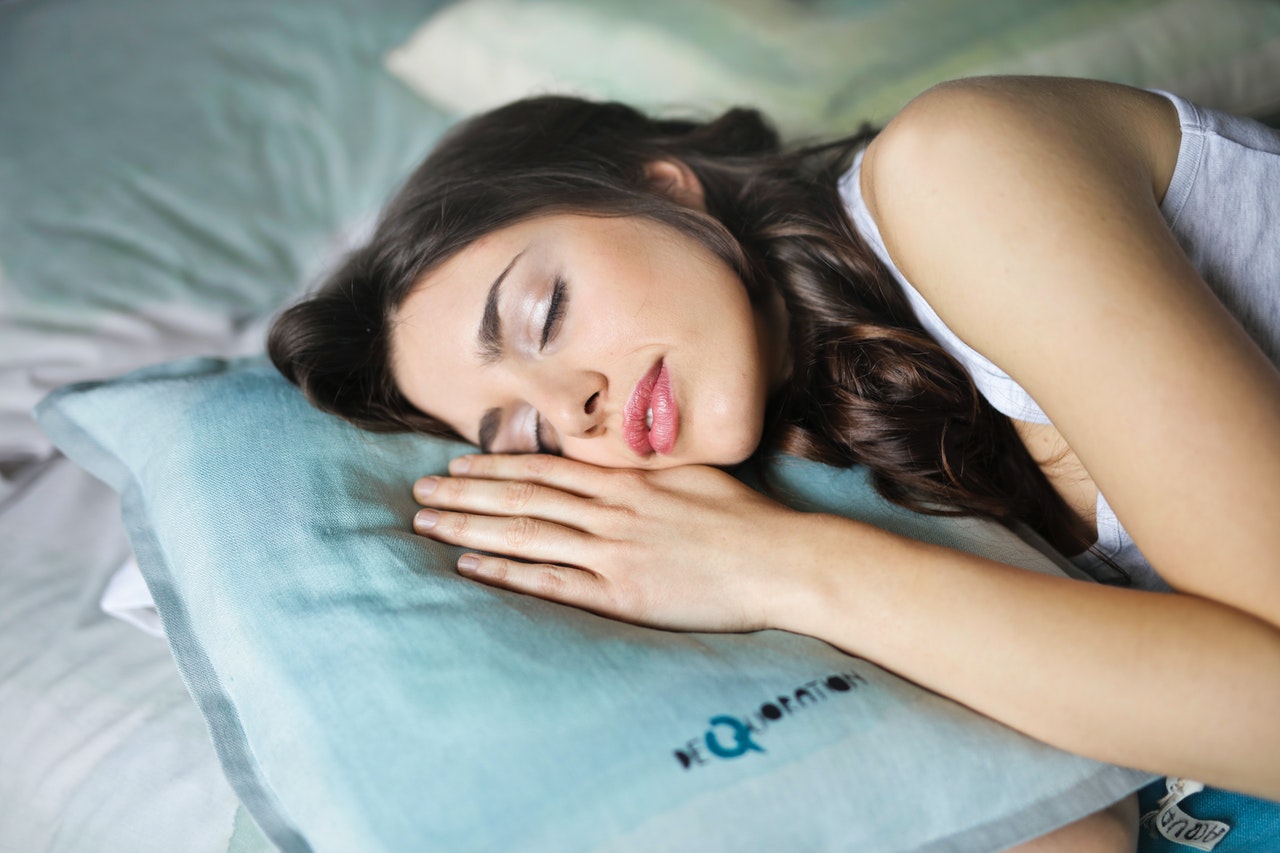SLEEP
The Ultimate Guide on How to Get a
Better Night’s Sleep

SLEEP HEALTHY
We do it every night, and over the course of our life we will spend approximately a third of our time doing it: sleep. But what is it? Doctors and scientists are really just beginning to understand all the important ways that sleep affects our health and well-being — and all of the reasons we do it.
According to Rafael Pelayo, MD, clinical professor of psychiatry and behavioral sciences and a sleep specialist at the Stanford Sleep Medicine Center in Redwood City, California, “Sleep is a natural, restorative, physiological process characterized by a perceptual disengagement [meaning you tune out from whatever’s going on around you], and must be rapidly reversible.”

Sleep experts at Harvard Medical School’s Division of Sleep Medicine use a similar definition for sleep. They say it can be characterized as:
- A period of being less active
- A function of the body typically associated with a lying down posture and closed eyes
- A process whereby you’re less responsive to external stimuli
- A state of consciousness that’s easy to get out of (unlike other states of consciousness, such as hibernation or coma)
- Being associated with certain brain wave activity patterns and certain physiological changes, including a drop in blood pressure and body temperature
Regardless of the words used to describe it, the bottom line is that we need sleep to function, Dr. Pelayo says. It’s a critical process that allows the body to function and sstay healthy — and it’s especially important for the brain.
How to Actually Sleep Better Tonight
There’s no one foolproof formula for getting a good night’s sleep, but there are several steps you can take that have been associated with better sleep overall if you’re struggling to clock the recommended number of hours of sleep you know you need — or if you wake up feeling less rested than you want to be.
It’s important to check with your doctor or a sleep medicine doctor if you think you do have a more serious problem, or of another medical condition is interfering with your sleep.
But trying these fixes first is a good place to start:
- Stick to a consistent sleep-wake schedule. Aim to go to bed at the same time each night and wake up at the same time in the morning, including on the weekends — and try not to vary it more than an hour or so. The times that you regularly go to bed and wake up are the signals you give your body’s natural clock, and when they’re consistent, that clock helps you wake up and fall asleep. If those signals are out of whack, your body clock gets thrown off and you experience the same drowsiness associated with jet lag. You also may struggle to fall asleep at night or wake up when your alarm rings.
- Watch caffeine intake. Be especially careful with this later in the afternoon. Pelayo suggests avoiding caffeine within six hours of when you want to sleep.
- Exercise regularly. Research shows that regular exercise (at least 150 minutes of activity per week) is associated with better sleep, though it’s worth noting you should try to avoid intense exercise too close to bedtime, as it may make it tougher for some people to fall asleep. That's because a workout sends signals to the body that tend to wake you up, such as your heart rate and body temperature increasing.
- Avoid bright lights and bright screens right before bed. Blue light — the kind that comes from fluorescent bulbs, LEDs, and computer and cellphone screens — has been shown to actually send the same signals to the brain as sunlight, and block production of the hormone melatonin that tells the brain to go to sleep.
- If you can’t sleep, don’t linger in bed. This means at night if you’re having trouble falling asleep for 20 minutes or longer, get out of bed and do something to make you tired, such as reading or some gentle stretching. Staying in bed makes your body associated in-bed time as awake time, and it will actually be harder to fall asleep.
- Don’t linger in bed in the morning either, and don't hit snooze. It can be tempting to wake up slowly, but that drowsy sleep (after you’ve initially woken up) is fragmented, light sleep. If you did get a poor night’s sleep, your best remedy is getting up, going about your day, and hitting your pillow at bedtime that evening, at which point your sleep drive will be strong and you’re more likely to actually reap the benefit of the deep restorative sleep you need.